How to Become an EVfriendly Collision Repair Facility
- Home
- Collision Repair Facility
Collision Repair Facility
A Program Developed by the Automotive Retailers Association and its Strategic Partners
Becoming an EVfriendly -Sales facility assures your customers that you and your employees are trained and qualified in EVs sales.
The following slide presentation details best practices to deploy as an EVfriendly Sales facility.

Collision Repair Best Practices
What is EVfriendly ?
Today, with the rapidly increasing number of hybrids, plugin hybrids, and all-electric vehicles being purchased by consumers, it is only a matter of time before owners of these vehicles find their way to your shop for collision repairs, if they have not already done so.
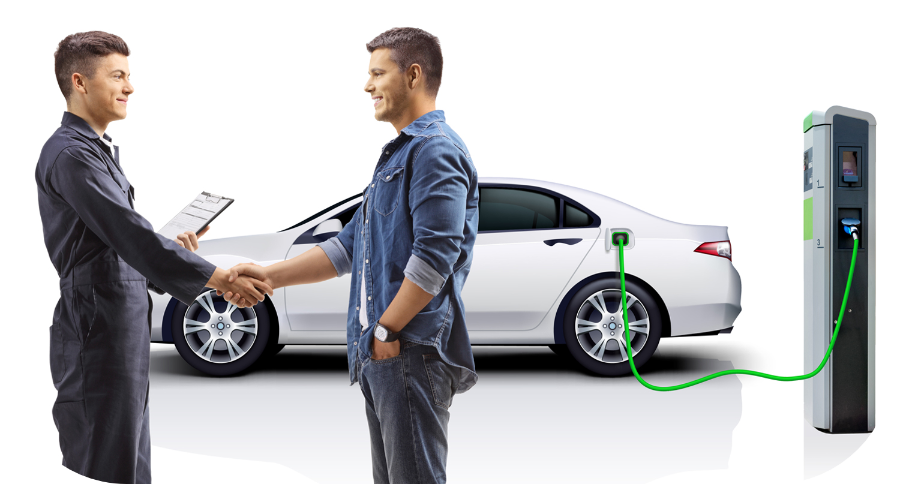
What is EVfriendly ?
The number one concern is safety. Battery voltage is invisible, and employees working with EVs, especially damaged ones, must be trained in the safety protocols to protect themselves and the vehicle from a catastrophic failure.
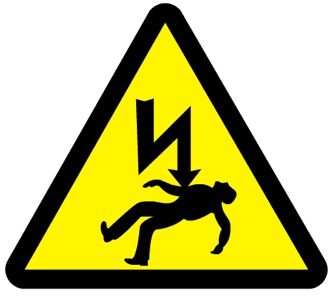
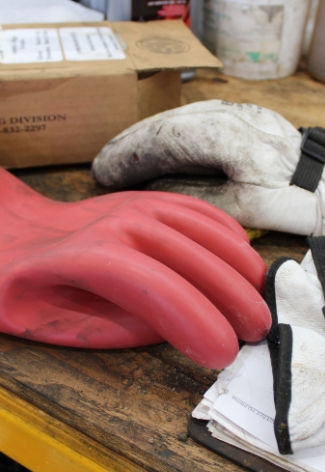
What is EVfriendly ?
Without the proper training, employees can inadvertently damage the vehicle’s electrical systems and risk injury, or even death from electrocution.
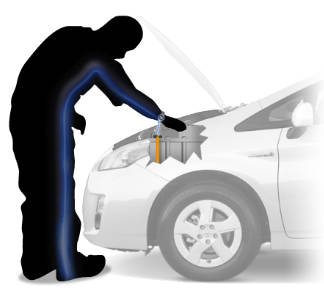
That is a liability you want to avoid at all costs.
What is EVfriendly ?
Besides, consumers want to be confident that the people caring for their vehicles are competent and qualified.
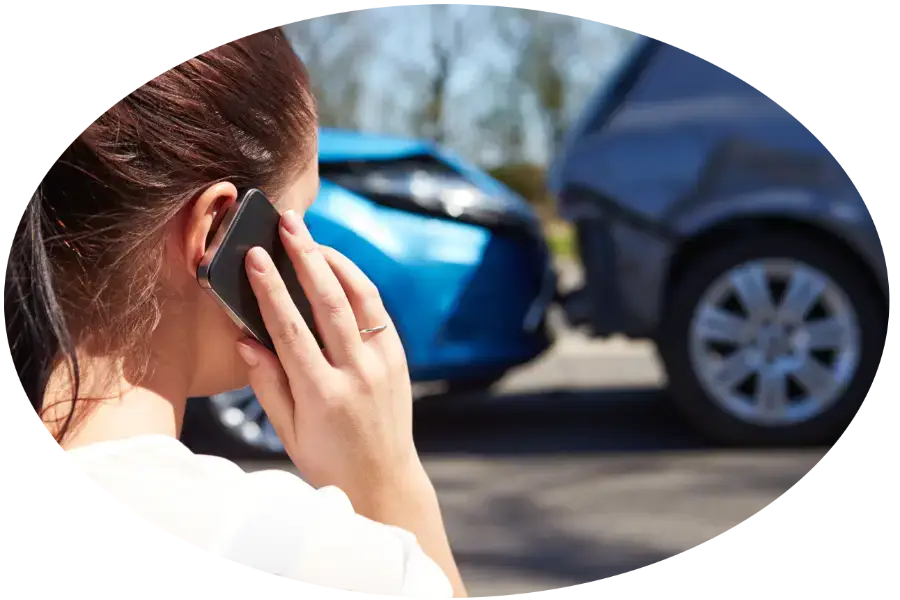
That means investing in the training and equipment necessary to provide proper and safe repairs.
EVfriendly Training
Online training is available on the ARA Training Centre of Excellence website.
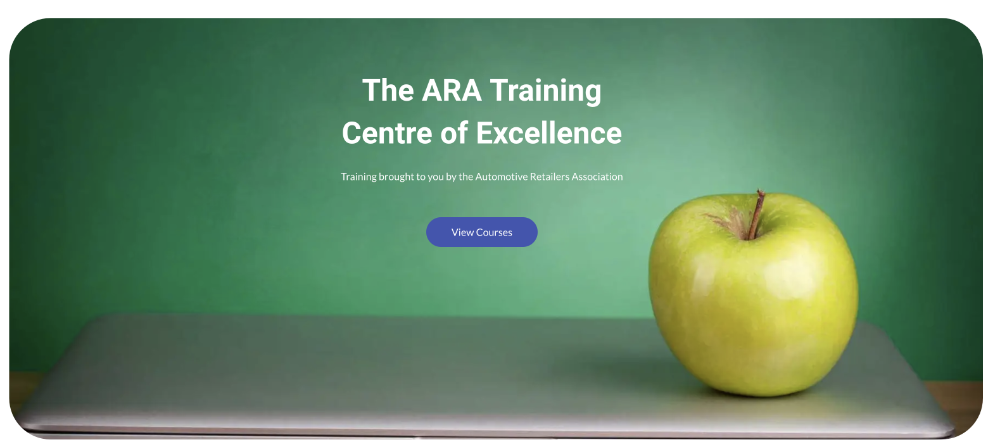
The courses are for automotive collision repair technicians or anyone who repairs or handles EVs and is not a certified EV technician.
EVfriendly Training
The EVfriendly Collision Repair course covers:
- EV overview
- Understanding EVs
- High-voltage batteries and components
- EV design
- Hazards and emergency response
- Safety protocols for working on or near EVs

EVfriendly Training
This course is basic-level EV awareness training dealing with EVs and their hazards, which is recommended for all employees who handle EVs.

EVfriendly Collision Repair Best Practices
In addition to fulfilling employee-training, EVfriendly suppliers maintain business best practices within a number of standards.
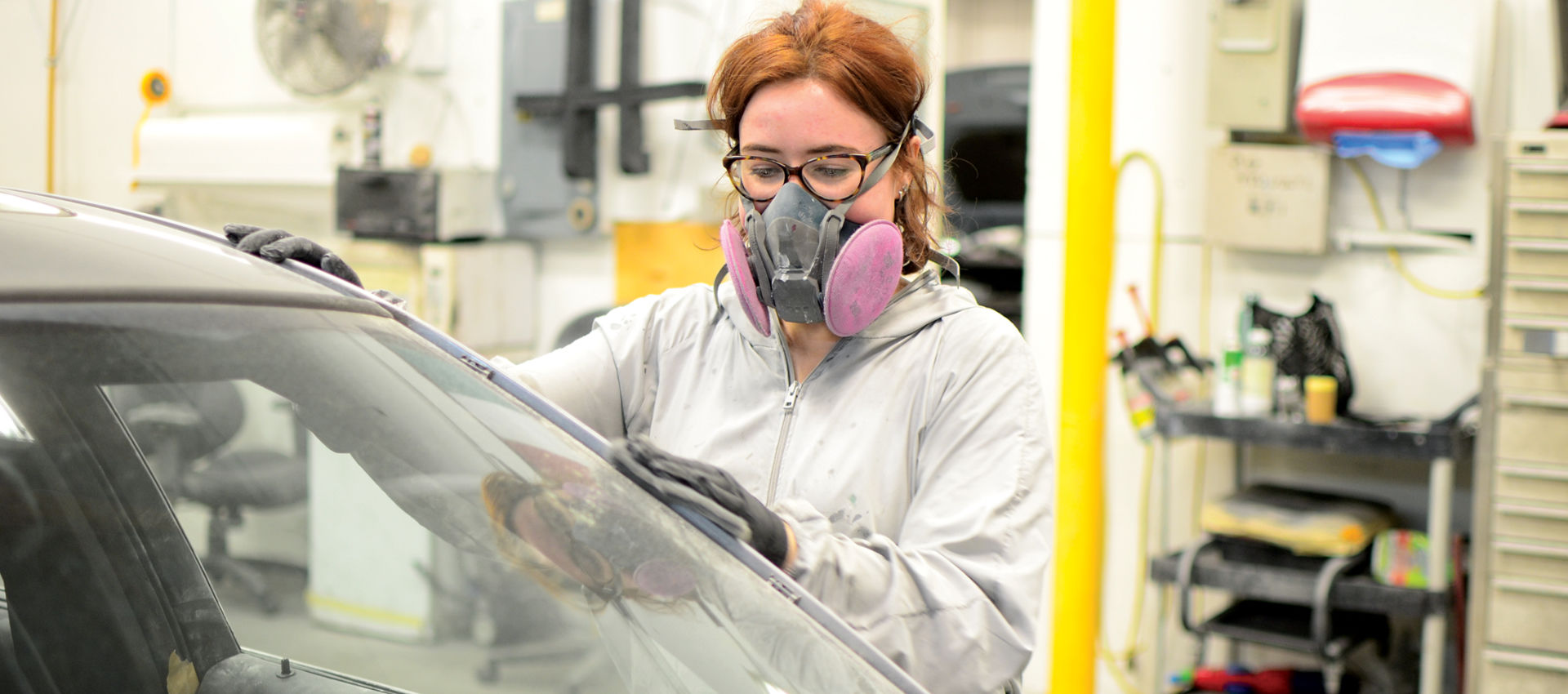
EVfriendly Collision Repair Best Practices
| Standard | Best Practice |
|---|---|
| General facility | The collision repair facility has a permanent location with fixed operating business hours and meets municipal licensing and zoning requirements (may be in the form of a land use agreement). |
| Insurance | The collision repair facility has a minimum level of $2,000,000 in liability insurance garage policy. |
EVfriendly Collision Repair Best Practices
| Standard | Best Practice |
|---|---|
| Compliance | The collision repair facility meets all federal, provincial and municipal Acts and regulations. This would include meeting WorkSafeBC requirements, employment regulations, transportation of dangerous goods regulations, etc. |
| Handling and disposal of hazardous wastes and contaminants. | Pertains specifically to disposal of waste from HV Li-ion or NiMH batteries. Must maintain documentation of disposal. Waste must be discarded with an EVfriendly supplier or the facility has a contract that confirms whoever manages the waste can provide proof of proper disposal and transportation of goods. |
| Training | Technicians working on EVs have completed EV-specific training. All employees handling EVs have received training on the hazards associated with EVs. EVfriendly offers a basic EV awareness course dealing with EVs and their hazards, which is recommended. Collision repair shops that store salvage for ICBC are advised to take the EVfriendly towing course module for storage. |
EVfriendly Collision Repair Best Practices
| Standard | Best Practice |
|---|---|
| Training | Repair facility commits to ongoing training and professional development for staff and participates in ongoing webinars and training sessions sponsored or hosted through EVfriendly program. |
EVfriendly Collision Repair Best Practices
EVfriendly collision repair facilities meet all applicable OEM equipment requirements.
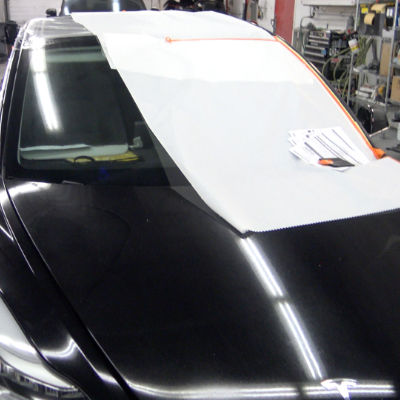
EVfriendly Collision Repair Best Practices
Access to OEM Procedures and Repair Information
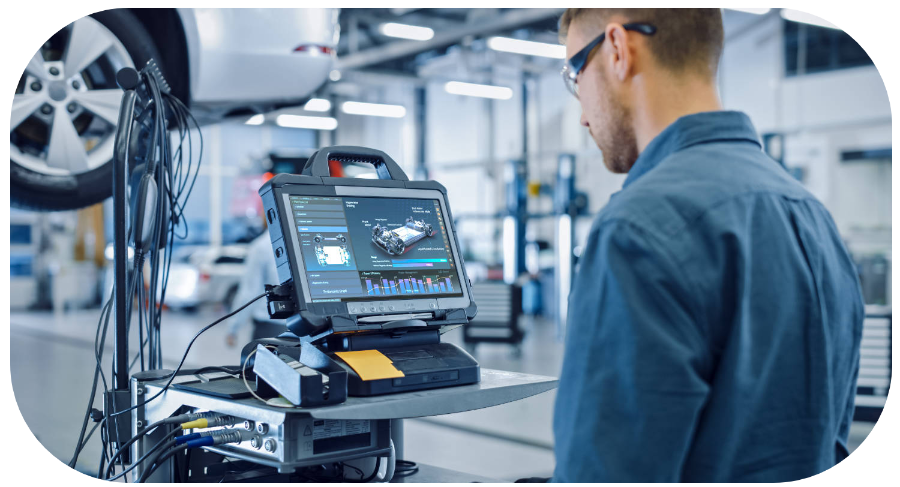
| Standard | Best Practice |
|---|---|
| Repair facility follows proper OEM repair procedures and has access to data. |
3rd party providers
|
EVfriendly Collision Repair Best Practices
| Standard | Best Practice |
|---|---|
| Environmental OHS Management Plan | Has developed a plan for identifying the risks of handling, transporting, storing, and disposing/recycling of badly damaged electric vehicles and to document the actions required to mitigate these risks. |
EVfriendly Collision Repair Best Practices
Emergency Response Plan
The repair facility commits to communicating and training employees in emergency response and evacuation procedures.
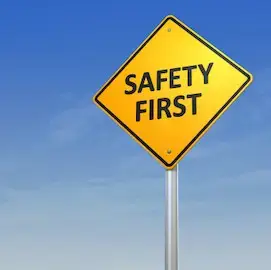
EVfriendly Collision Repair Best Practices
Outsourcing Mechanical Repairs
Collision repair shops that do not have a certified mechanical technician, any work involving the HV battery or component is sublet to a qualified, certified EV technician for repairs.
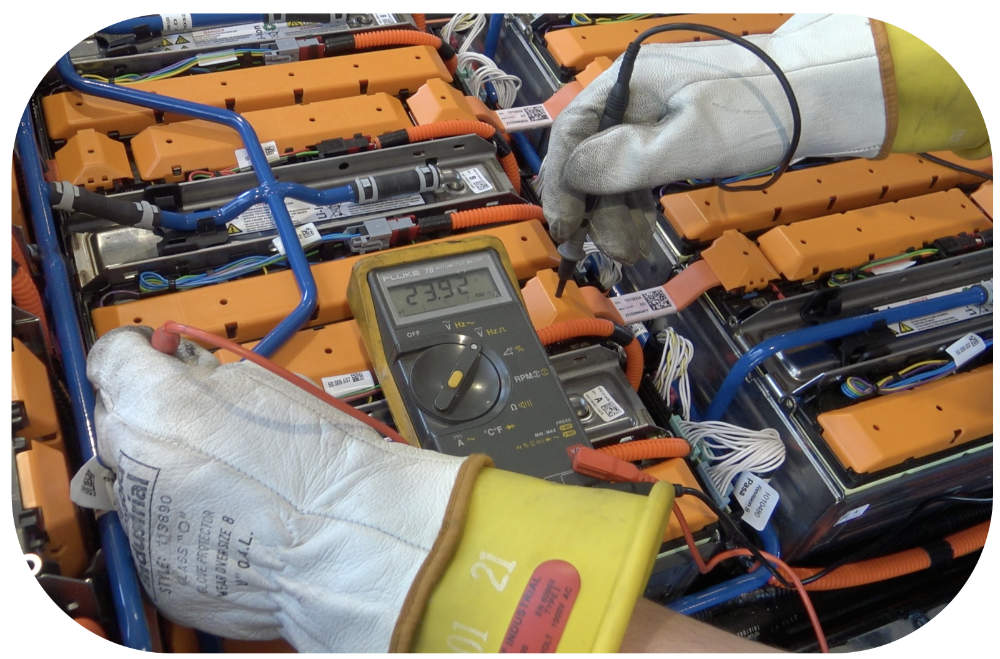
EVfriendly training
EVfriendly offers a basic level EV awareness course dealing with EVs and their hazards, which is recommended. Additional external EV training for collision repair shops is recommended but not required. Collision repair shops that store salvage for ICBC are recommended to take the EVfriendly towing course, which includes instruction for EV storage..
These courses are available on the
Courses